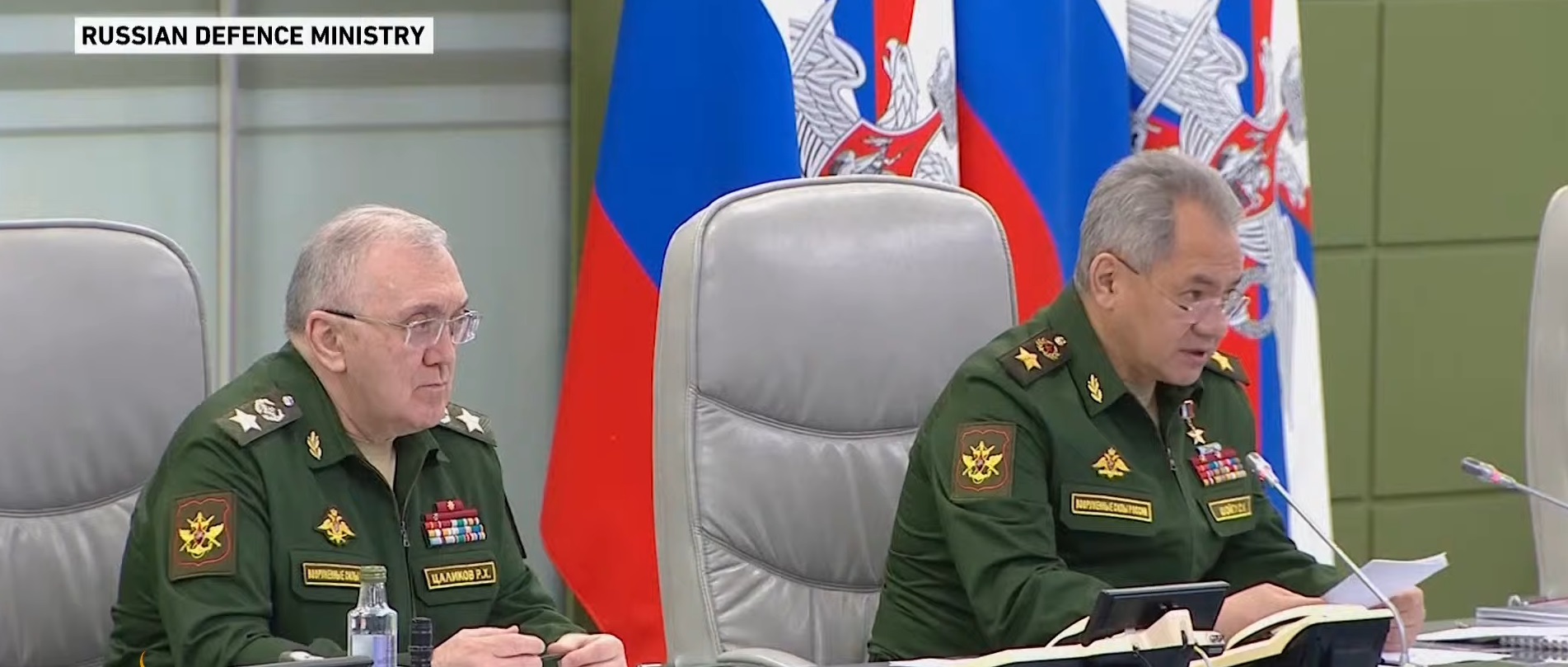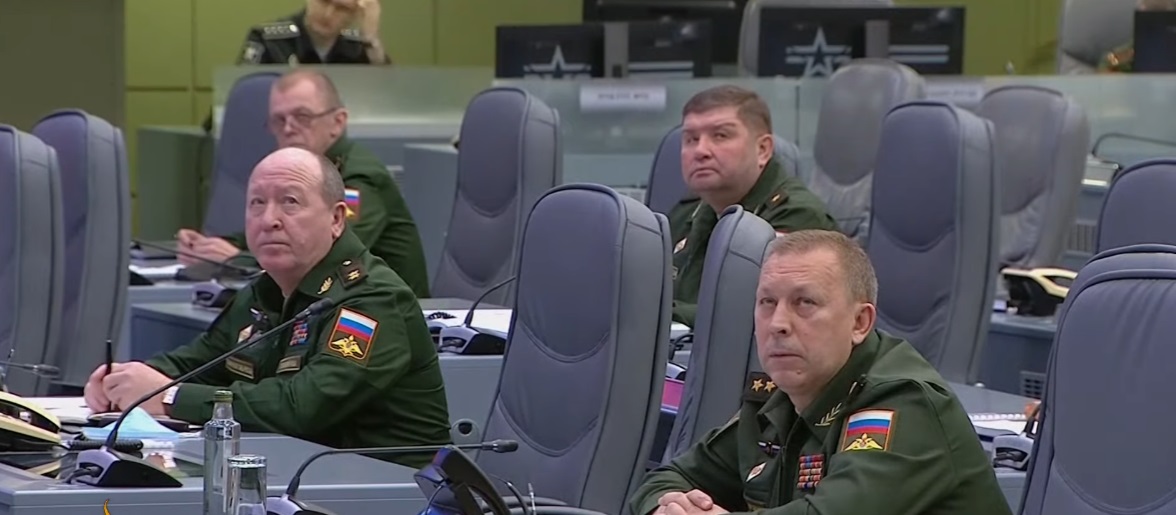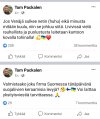Nobody should be surprised that the man who called the unraveling of the Soviet Union “the greatest geopolitical tragedy of the 20th century” has been trying to reverse history. He took the first step in Crimea in 2014, and in the early morning hours of 24 February he ordered a large-scale invasion of Ukraine. This war will have many long-term consequences, but possibly none more important than its effects on the future of the European energy supply.
At the time of this writing, four days after the start of the invasion, many outcomes are possible. Russia might even become, miraculously and temporarily, less intransigent, and Europe might then welcome status quo ante. A very different outcome seems much more likely, though, as the European Union scrambles to reduce its dependence on Russian imports.
This will be harder and more painful than most people realize. Economically punishing Russia is difficult to do, for a variety of reasons. One is that the road to new energy realities in Europe will be long, rough, and twisty. Russia’s energy resources are enormous and Europe’s dependence on them is deep and pervasive. Rapid severing of Europe’s Russian supplies would create an unprecedented economic and existential emergency on the continent.

War in Ukraine: We Need to Talk About Fossil Fuels
This war will have many long-term consequences but possibly none more important than its effects on the future of the European energy supply—as the EU now scrambles to reduce its dependence on Russian imports. This will be harder and more painful than most people realize.
 spectrum.ieee.org
spectrum.ieee.org
Russia’s importance as an exporter of natural resources goes far beyond hydrocarbons. The country also extracts and sells abroad many essential minerals, including aluminum, nickel, manganese, and palladium, and is also a leading producer of fertilizers. It is the third largest producer of wheat, behind China and India, and is now the world’s top exporter of the grain.
E.U. is determined to double down on renewables: The main component of Europe’s response to Russia’s Ukraine invasion is a pledge to cut fossil fuel use by 40 percent by 2030. But during the same number of years, between 2012 and 2020, the E.U. managed to reduce the share of fossil fuels in its primary energy consumption from 76 percent to 71 percent. What are the chances that during the next eight years it will cut the share from 70 percent to about 42 percent?
As is always the case with complex, mass-scale systems, the room for rapid changes is limited. Norwegian gas already flows at its maximum, the volume of additional LNG imports by ship from the United States or Qatar is limited by the existing liquefaction and receiving facilities, and so are the opportunities for replacing gas with plentiful, but now also expensive, OPEC oil.
Nevertheless, in the near-term, Europe’s energy-supply picture is not bleak. The heating season is nearly over, emergency-sharing arrangements could ease the shortages, backup supplies can be replenished in summer, and OPEC can raise its oil output. But at this point it's impossible to predict how long it will take for the E.U. to free itself of Russia’s oil and gas. Creating the dependence took decades. Erasing it will not be done in years.







